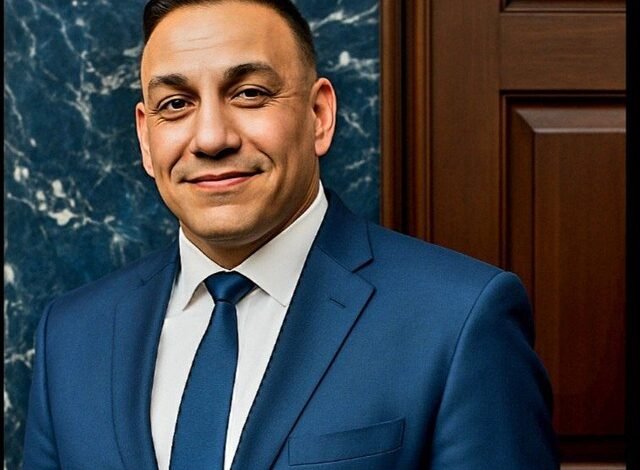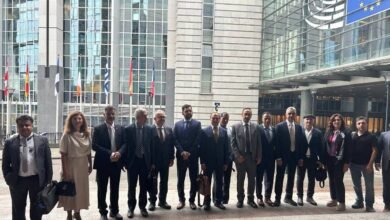
In democratic nations, journalism plays the role of a watchdog. It questions authority, exposes corruption, and gives a voice to the voiceless. But in authoritarian states like the Islamic Republic of Iran, media is not a platform for truth—it is a platform for power.
Inside Iran: When the News Becomes a Script
The Iranian state media, especially the IRIB (Islamic Republic of Iran Broadcasting), doesn’t inform—it performs. It performs for the regime, not for the people. With public funds, it broadcasts stories that fit the government’s narrative, while silencing the ones that matter most.
Newspapers, news websites, even local radio stations—almost all operate under strict censorship. Reporting on human rights violations, government corruption, or civil unrest is not just discouraged—it’s dangerous.
Journalists inside Iran are not free agents. They live under constant threat. They are interrogated, imprisoned, exiled. And some never make it back home. The profession that should hold power accountable is itself held hostage.
Outside Iran: Hope from Exile, but Not Without Questions
For many Iranians, exile media outlets like BBC Persian, Voice of America, and Iran International have become lifelines. They offer a mirror to what’s really happening inside the country. They amplify voices that the regime tries to suppress. They cover protests, crackdowns, and stories that never make it to the front pages in Tehran.
But these outlets are not without controversy. Some viewers question their objectivity. They ask: whose interests are being served? Are these platforms truly independent, or do they reflect the geopolitical agendas of their host nations?
These are valid questions. When journalism crosses borders, it carries the weight of politics. And trust, once lost, is hard to regain.
The Social Media Surge: Freedom or Chaos?
With the rise of social media, ordinary Iranians have found powerful tools to bypass state control. On platforms like Instagram, Telegram, X (formerly Twitter), and Clubhouse, people share stories, organize protests, and document abuses in real time.
This digital revolution has shaken the foundations of state censorship. It has also created a space where truth can surface—sometimes raw, sometimes chaotic, but often unfiltered.
Yet, the same platforms that offer freedom are also vulnerable to manipulation. Fake news spreads fast. Disinformation campaigns, often orchestrated by the state or rival groups, muddy the waters. Bots, trolls, and algorithms distort public perception. What begins as citizen journalism can quickly turn into a digital minefield.
The Unspoken Crisis: Money Talks
One issue rarely discussed is the question of money. Journalism without financial independence is like justice without fairness—it simply doesn’t work.
Media outlets funded by governments or political donors are always at risk of compromise. They may not be told what to say, but they learn quickly what not to say. The pressure may be silent, but it is real.
True media freedom requires financial independence. It needs public support, nonpartisan funding, and structures that protect journalists from both political and commercial interference.
The Bigger Picture: What’s at Stake
Iran doesn’t suffer from a shortage of brave journalists. It suffers from a lack of systems that protect them. It’s not a lack of stories—it’s a lack of safety, accountability, and freedom.
People in Iran aren’t just denied democracy. They’re denied access to the information that would allow them to demand it. The disconnect between what citizens experience and what official media presents creates a dangerous vacuum—one that can be filled with cynicism, apathy, or extremism.
The Path Forward
If we are to reclaim journalism in its truest form, we must return to its roots:
Truth. Independence. Accuracy. Courage.
These are not luxuries. They are necessities.
And in a world flooded with content, what we need most isn’t more information—it’s more integrity.







